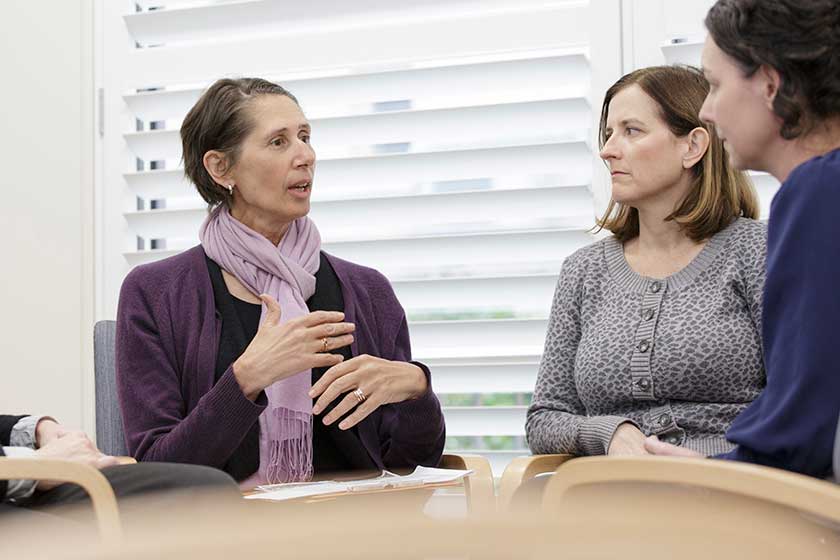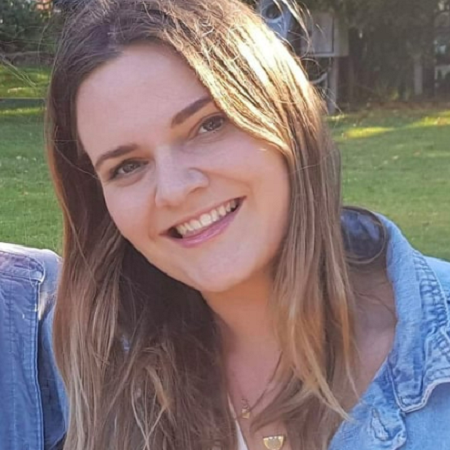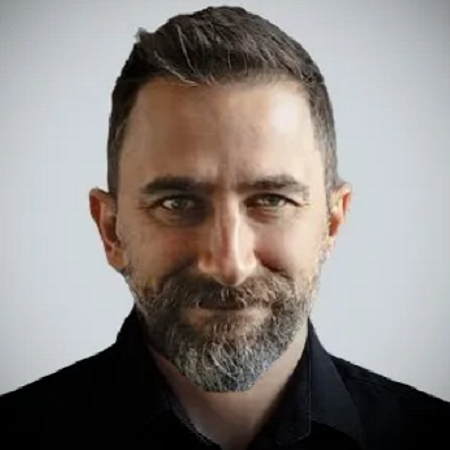Why were you interested in becoming a psychiatrist and working in perinatal mental health?
I was working as a junior doctor on a psychiatric ward, when a very psychotic mother under my care, who thought I was trying to poison her with medications, came up behind me and made a pretty weak attempt at strangling me. Clearly she was highly paranoid and it was nothing personal, although pretty scary at the time. A month later she went home very much improved and thanking us for looking after her. That was my ‘Paul on the road to Damascus’ moment.
What is the biggest learning you have had about mental health over the course of your career?
The best way, in my view, to engage patients in a meaningful way is on a person-to-person level not just a doctor to patient. A compassionate and open approach goes a long way to reducing the stigma and emotional distress so prevalent in the mental health setting and engaging the patient in working in a collaborative way towards recovery.
What do you think is the biggest misconception about mental health and illness in the wider community?
Mental health and illness is still so very taboo - it’s almost as if we don’t talk about it, it will just go away. Unlike a broken leg, mental illness is invisible. But the impact of mental illness is often much greater and it deserves attention just like any other health condition. Ignoring the existence of mental illness leaves patients and their families very isolated, which greatly increases the burden for them.
We need to keep working on reducing stigma and not seeing a person as defined by their mental illness; as if having that condition has robbed them of all the other positives in their life. There is a big role for us as advocates - to demystify mental illness, to bring hope and highlight the fact that there is so much that can be done for those suffering in this way.
What do you wish people knew about mental health?
20 per cent of Australians will experience a mental health episode in their lifetime. It concerns us all – whether personally or through loved ones.
So if you are anxious or depressed in a way that is affecting your life or relationships, take the first step and go talk to your doctor or a trusted health care provider.
How do you balance your work responsibilities?
I see physical and emotional wellbeing as entwined. So for me a daily exercise schedule is essential to maintaining physical wellbeing and managing the strain of working with at times very distressed patients in addition to the demands of teaching, research, working across St John of God Burwood Hospital and University of NSW and managing two teams.
After hours I try to spend quality time with family and friends and love to go kayaking, bike riding, hiking. Being out in the bush or on the water is really important for recharging the batteries so I am spending more holidays hiking in remote locations away from the crowds.
When you work in mental health every day, how do you care for yourself?
The patients we work with may be at risk to themselves or others, or going through traumatic experiences. This can at times weigh you down emotionally.
One of the first things you have to learn in psychiatric training is how to switch off at the end of the day.
It becomes easier over the years to switch off, as you become more experienced but its important to share the load and debrief with colleagues. In my case, as my husband is also a doctor, I can debrief with another healthcare practitioner at home.








